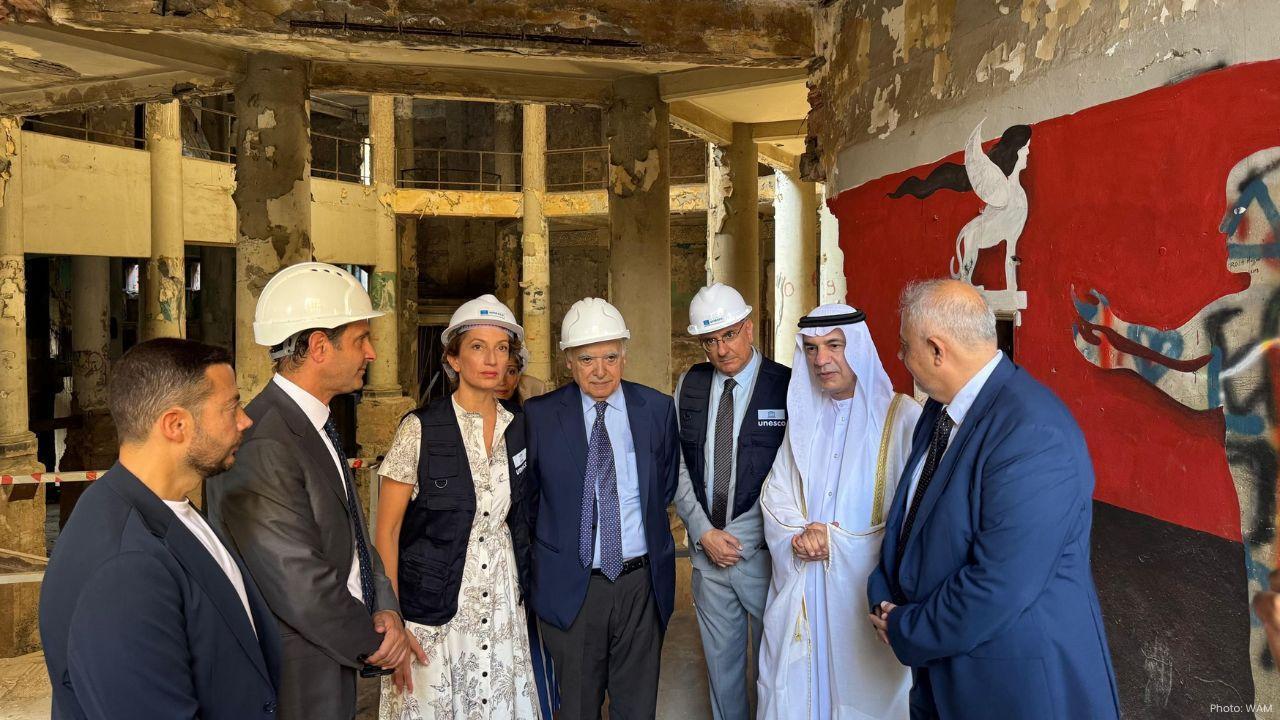
Post by : Mumtaaz Qadiri
H.H. Sheikh Dr Sultan bin Mohammed Al Qasimi, Supreme Council Member and Ruler of Sharjah, has announced financial support for the rehabilitation of the Beirut Grand Theatre, one of Lebanon’s most famous cultural landmarks. This effort is part of an international campaign led by UNESCO to preserve and restore important cultural sites around the world. The move reflects Sharjah’s deep commitment to supporting cultural heritage, not only in the UAE but also across the Arab world and beyond.
Representation At The Ceremony
To represent His Highness at the official announcement, Abdullah bin Mohammed Al Owais, Chairman of the Sharjah Department of Culture, attended the ceremony in Beirut. The event was also attended by Lebanese Minister of Culture Ghassan Salameh, UNESCO Director-General Audrey Azoulay, Mayor of Beirut Ibrahim Zeidan, and several cultural officials, intellectuals, and engineers. The presence of these leaders highlighted the international importance of the restoration project.
Importance Of Cultural Preservation
In his speech, Al Owais spoke about the importance of global cooperation in cultural preservation. He emphasized that protecting cultural heritage is a responsibility shared by all societies. He added, “We are pleased to participate in this occasion, which affirms the joint efforts to preserve Arab and global cultural heritage and support cultural progress for all societies.” His remarks showed how this project is not just about a building, but about keeping history, art, and identity alive for future generations.
Sharjah’s Commitment To Culture
Al Owais also stressed that the Ruler of Sharjah has always been committed to cultural initiatives. Over the years, His Highness has launched many programs that strengthen cooperation with countries and international organizations. He reminded the audience of the close partnership between Sharjah and UNESCO, which has resulted in several awards, recognitions, and cultural projects. This support forms part of the UAE’s wider vision to enrich the global cultural scene and build stronger bonds through art and heritage.
Message From The Ruler Of Sharjah
Al Owais delivered greetings from the Ruler of Sharjah, expressing His Highness’s appreciation for all those who are part of this effort. He wished success to everyone involved in the restoration, underlining that Sharjah views culture as a bridge between people and nations. His message made it clear that this support is not limited to financial aid, but also comes with a heartfelt belief in the value of cultural exchange.
Praise From UNESCO
Audrey Azoulay, Director-General of UNESCO, praised the Ruler of Sharjah for his generous support and strong belief in the power of culture. She explained that cultural heritage projects like the Beirut Grand Theatre restoration are vital for UNESCO’s mission of building peace and understanding. She also highlighted that Sharjah has become a key player in both Arab and international cultural arenas, thanks to its consistent support for projects that protect and celebrate heritage.
Reviving Beirut’s Cultural Role
Azoulay also said that restoring the Beirut Grand Theatre will help revive its historic role as a regional hub for arts and culture. Once restored, the theatre is expected to once again host performances, events, and gatherings that bring together people from different backgrounds. This revival will not only benefit Lebanon but also strengthen regional cultural exchange in the Arab world.
A Thankful Message From Lebanon
Ghassan Salameh, Lebanese Minister of Culture, expressed deep gratitude to the Ruler of Sharjah. He announced that the Sharjah leader is the principal donor to the restoration of the Beirut Grand Theatre. He explained that this gesture is more than financial assistance; it reflects a genuine dedication to protecting Arab culture and artistic identity. He added that such support enhances Lebanon’s ability to safeguard its heritage while encouraging artistic creativity.
Cultural Dialogue And Creativity
Salameh emphasized that once restored, the theatre will again become a platform for regional cultural dialogue. He described it as a place that will bring back creativity, artistic expression, and cultural unity. The revival of the Grand Theatre is therefore not just about the building, but also about renewing Beirut’s role as a beacon of art and imagination in the Arab world.
Touring The Theatre
After the ceremony, Al Owais and the attendees took a tour of the theatre building. Engineers guided them through the site, showing its current condition and the major structural challenges that need to be addressed. They explained the restoration plans in detail, giving everyone a better understanding of the work required to bring the theatre back to life.
Historical Importance Of The Theatre
During the tour, Lebanese officials also reminded attendees about the theatre’s rich history. Built in the 1920s, it was designed by Youssef Aftimos and constructed by Jacques Tabet. The Beirut Grand Theatre officially opened in 1929 and quickly became one of the most important cultural landmarks in the region. It hosted international theatrical and operatic performances and welcomed thousands of visitors until the mid-1970s.
Architectural Details Of The Building
The theatre has many unique features that make it special. It has 630 seats, an orchestra section, and two balconies. The stage is equipped with specialized mechanisms, and the building also includes a small steel dome that can move on rails. One of the most admired features is the decorative stained-glass ceiling in the lobby, which reflects the artistic style of the early 20th century. Even though the theatre has been abandoned for decades, these features still make it an iconic cultural landmark in Beirut.
Years Of Abandonment
Unfortunately, because of Lebanon’s long period of unrest, the Beirut Grand Theatre has been abandoned for many years. Despite this, it has always remained a symbol of Beirut’s cultural identity. Its walls and structure tell the story of a city that once stood as a shining cultural hub in the Arab world. The decision to restore it now shows hope for a new chapter of cultural revival in Beirut.
Symbol Of Arab Heritage
The restoration of the theatre is not only important for Lebanon but also for the entire Arab world. It represents a shared cultural treasure that connects different Arab societies. The support of the Ruler of Sharjah sends a clear message: Arab culture is worth protecting, and heritage is a powerful foundation for the future.
The decision of H.H. Sheikh Dr Sultan bin Mohammed Al Qasimi to fund the rehabilitation of the Beirut Grand Theatre is a milestone in the preservation of Arab and global cultural heritage. Through his generous contribution, Sharjah once again demonstrates its leading role in supporting culture, heritage, and creativity. With UNESCO, Lebanon, and Sharjah working together, the Beirut Grand Theatre will rise again as a symbol of art, unity, and hope. Its revival will not only restore a building but also breathe new life into the cultural spirit of Beirut and the wider Arab world.
Sharjah cultural support, Beirut theatre restoration, UNESCO heritage project


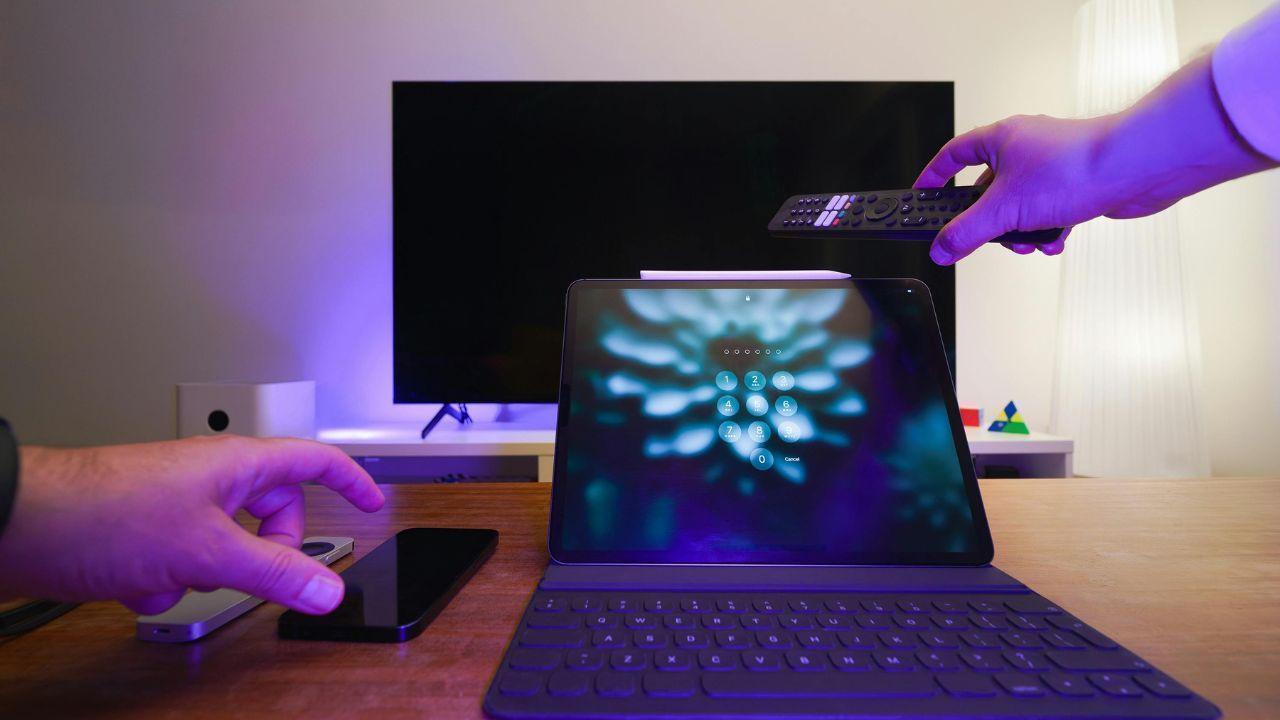

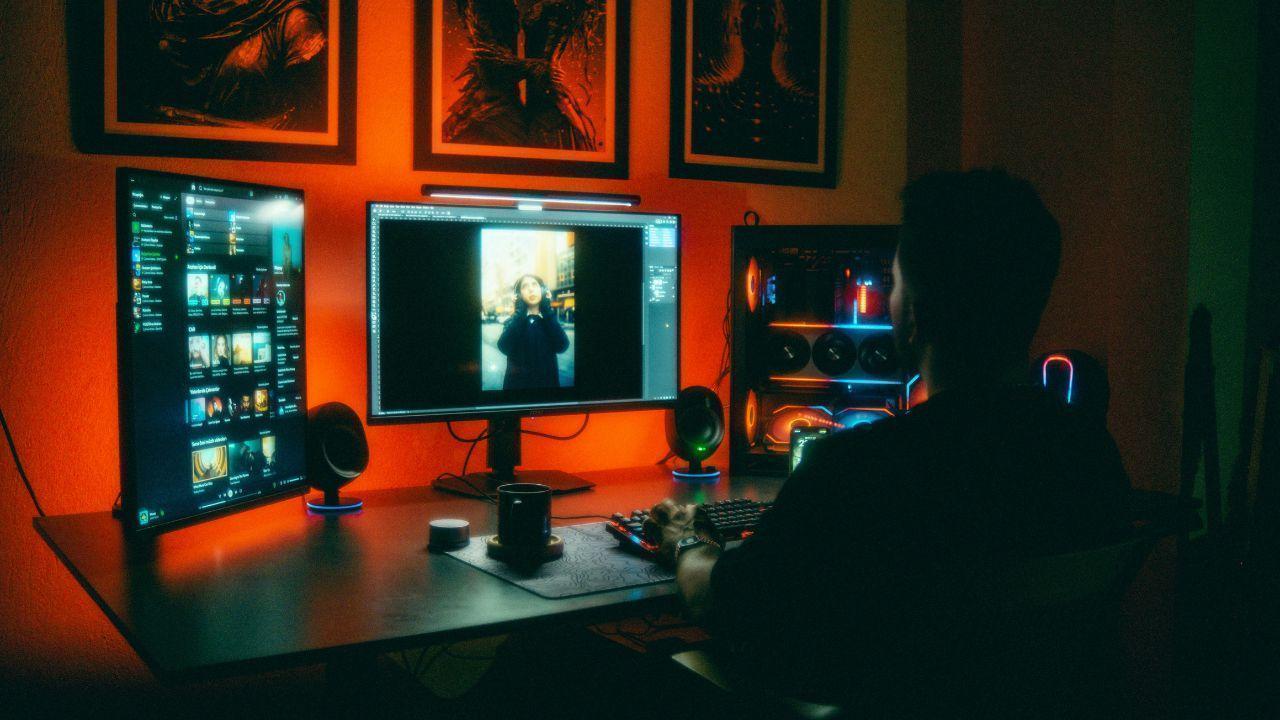
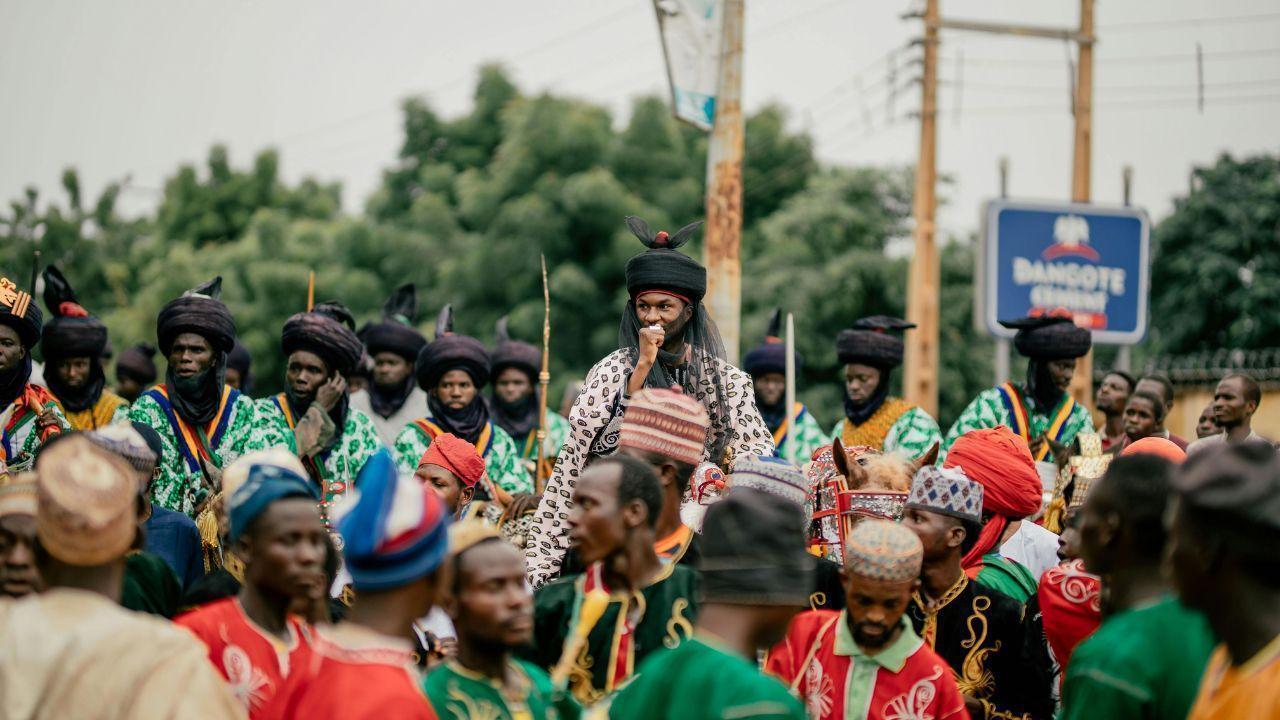
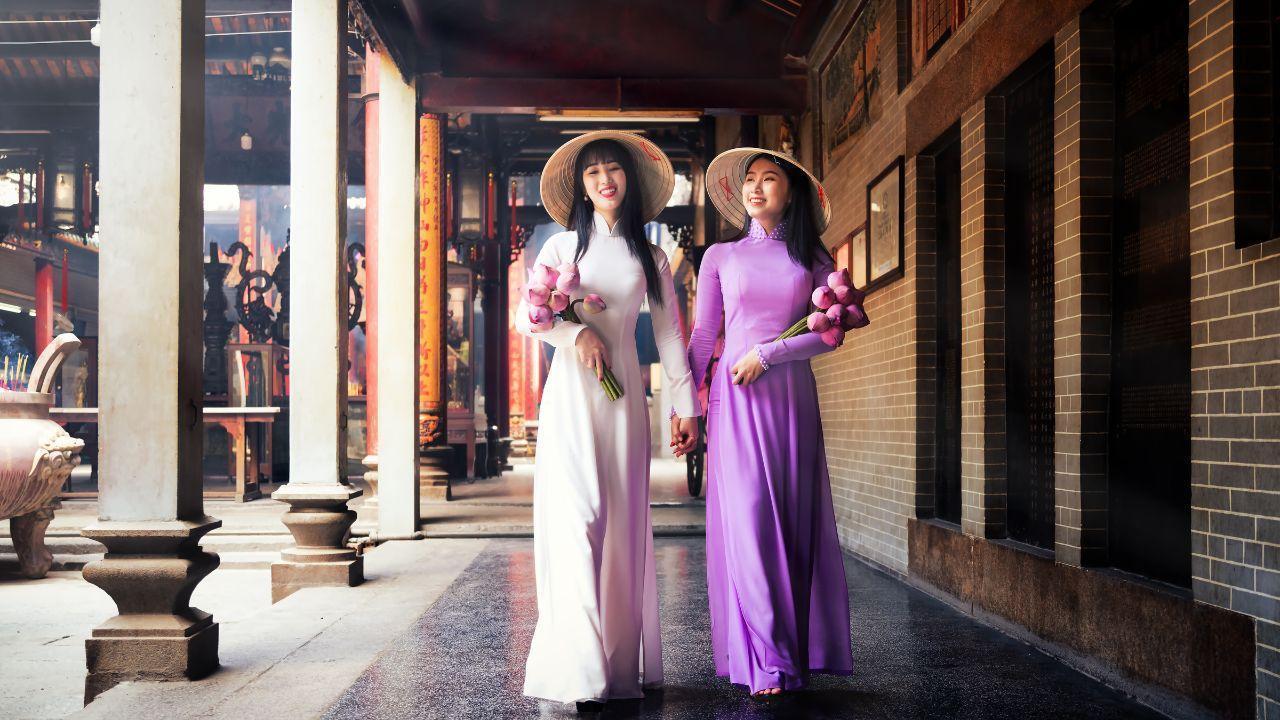
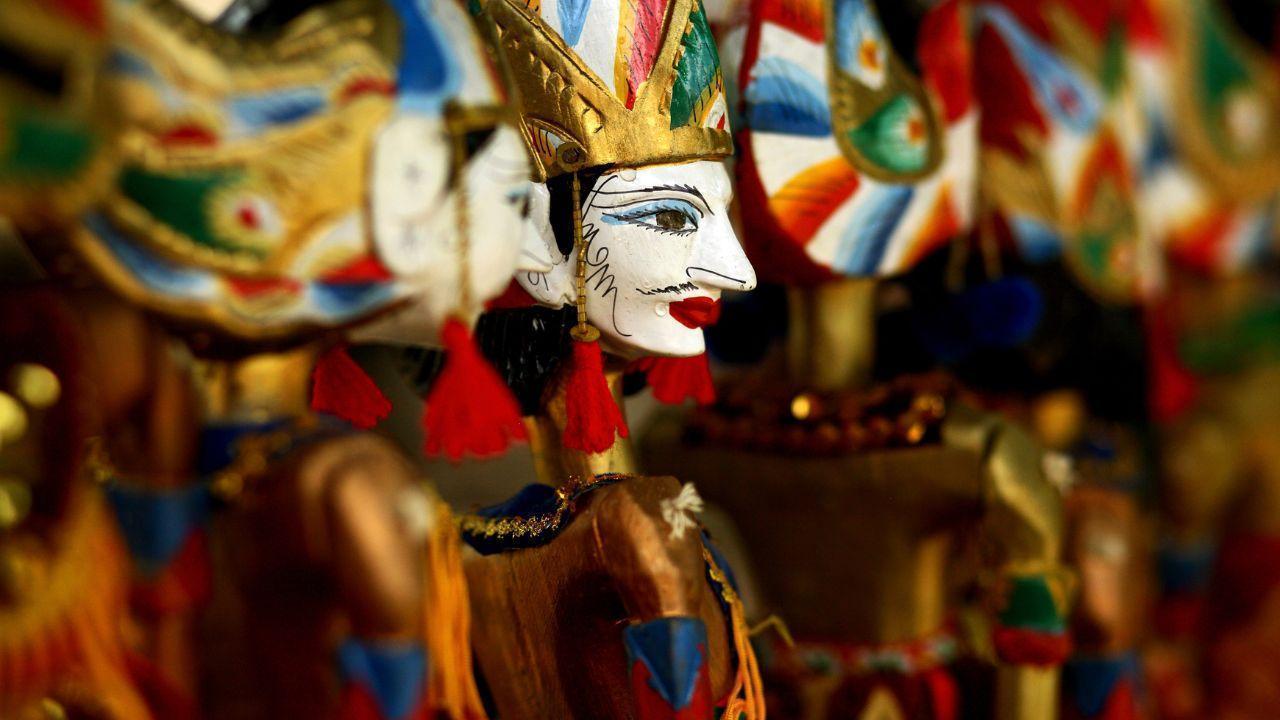
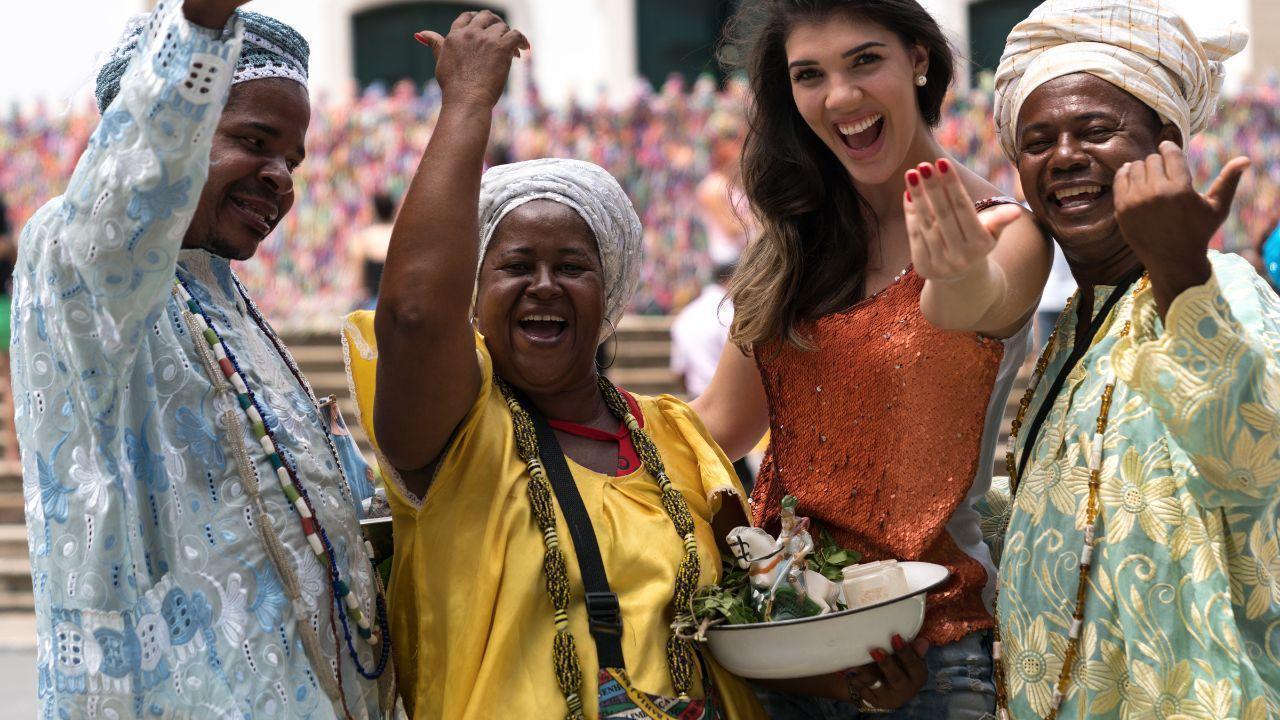
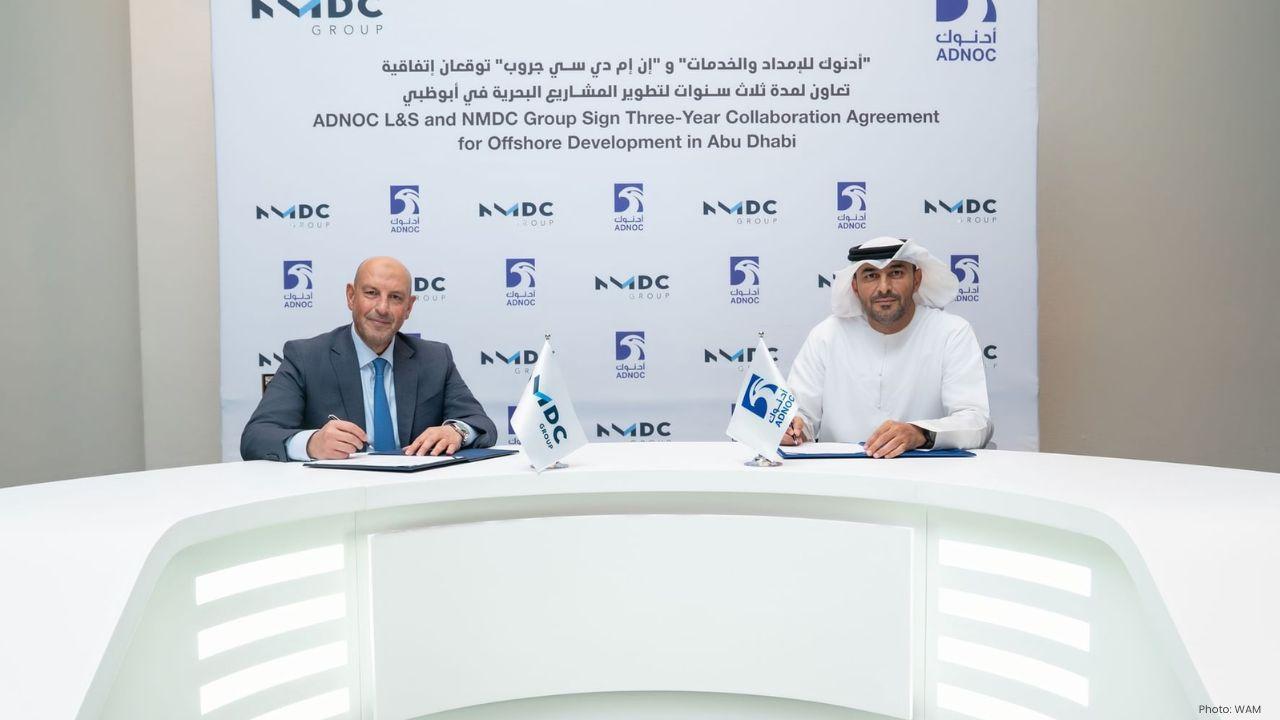
NMDC Group And ADNOC L&S Sign Three-Year Deal For Offshore Work
NMDC Group and ADNOC Logistics & Services sign a three-year deal to deliver maritime services for of

Six Miners Trapped After Earthquake Hits Coal Mine In China
A mining-related earthquake struck a coal mine in Heilongjiang, China, trapping six miners undergrou

Train Collides With Bus In Mexico Killing 10 And Injuring Many
At least 10 dead and 41 injured after a train hit a bus at a rail crossing in Mexico. Authorities co
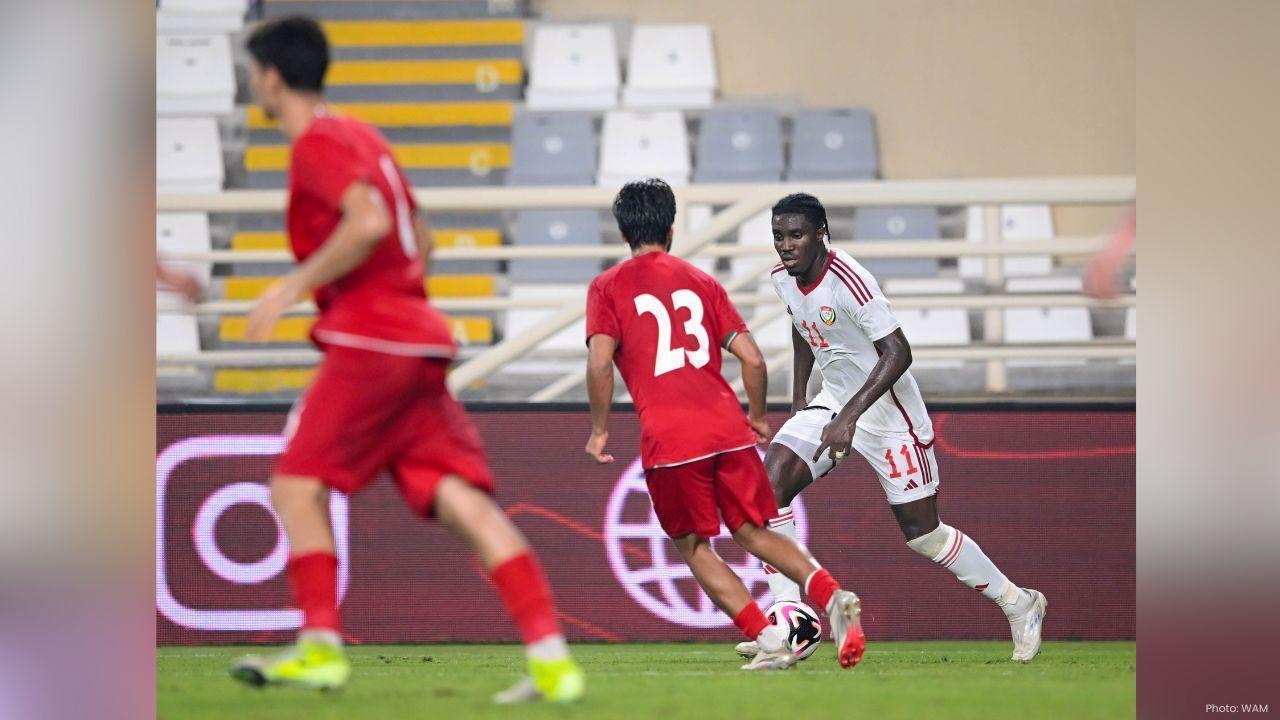
UAE Olympic Football Team Qualifies For AFC U-23 Asian Cup Finals
UAE Olympic football team qualifies for AFC U-23 Asian Cup finals in Saudi Arabia despite 3-2 loss t

Apple Launches iPhone Air With Thinnest Design & Pro Performance
Apple unveils the new iPhone Air, its thinnest model with pro performance, multiple colors, large st
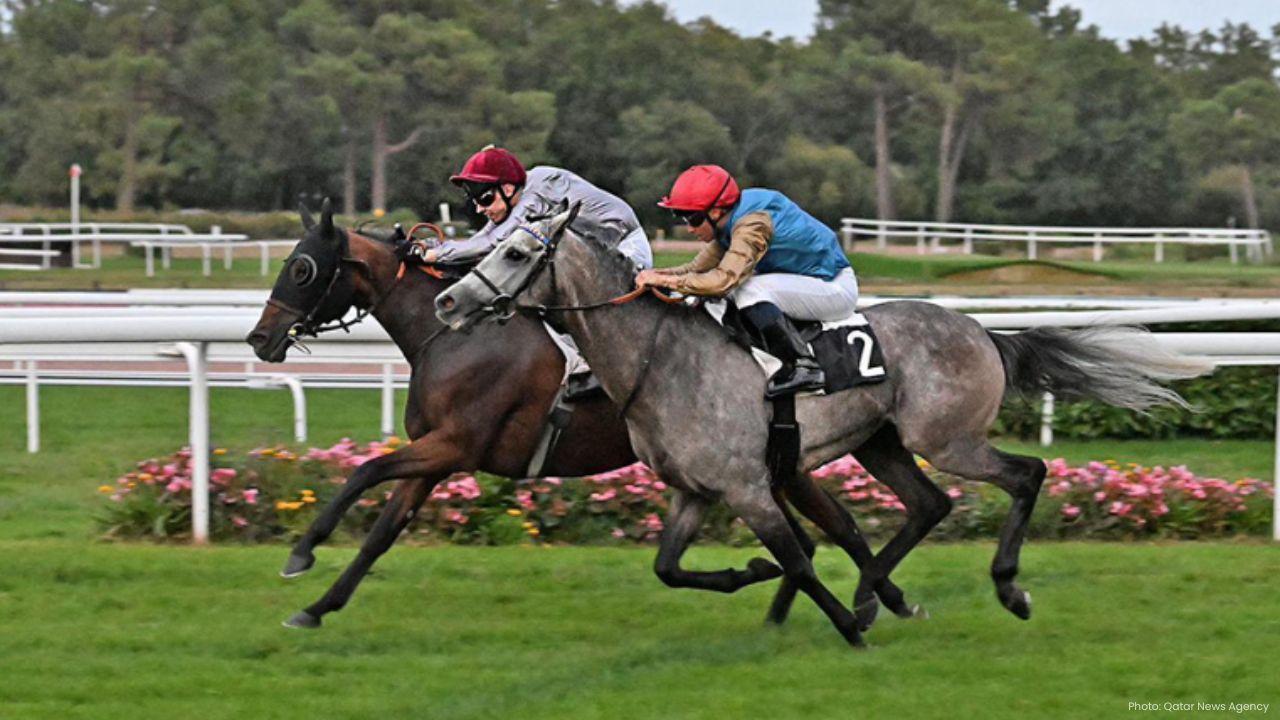
Al Wakrah Wins French Arabian Breeders’ Challenge Sprint Again
Al Wakrah, trained by Jean de Mieulle, wins French Arabian Breeders’ Challenge Sprint in France, mar